ASCI & the UA Unveil Study on Diversity & Inclusion in Advertising
The Advertising Standards Council of India (ASCI) and the UN Women convened Unstereotype Alliance (UA), launched their collaborative study on Diversity and Inclusion (D&I) in Indian advertising. The report, prepared by Kantar, a global brand research partner to the world’s leading companies, deep dives into a critical component of ESG (environmental, social and governance) goals of corporates. The study was unveiled at the DEI Edge Summit, co-hosted by ASCI and UA, and supported by organisations such as Diageo, HUL and Disney Star.
The joint report provides new insights on Indian advertising’s D&I representation versus global practice (leveraging data from the 2023 Global MONITOR survey) and a wealth of original findings on Indian advertising trends accommodating D&I. Some of the key dimensions of D&I representation mapped in the report were age, gender, sexual orientation, race, physical appearance, social class, disability, and religion, across 28 markets around the world.
The global dimension
Compared to 33 percent of consumers across the world, 48 percent of Indians expressed the need for more inclusive representation by brands. India’s socially aware consumers are an encouragement for brands on the way to inclusiveness and a wake-up call for those yet to embrace D&I.
The research scoured through all the new ads that aired in October 2023. Coupled with Kantar’s extensive analysis of advertisements over the past few years, the study provides a snapshot of the patterns, progress, and scope for improvement in DEI in India.
Key findings of the Indian study: There was a near absence of representation diversity in Indian advertising. The study found a dismal less-than-1 % representation of the LGBTQ+ community, people with disabilities featured in less than 1% of the ads and only 4% of Indian ads depicted people aged above 65 years.
Women representation: While the presence of women in ads was comparable to men, sticky stereotypes still prevail. More women are portrayed with fair skin tone (58% of women vs 25% of men on-screen), with less diverse physical appearance (39% of women were shown as slender vs 16% men on-screen) and low non-traditional roles (17.5% of women were depicted as the sole caregiver vs 3.5% men characters) and less authoritative (with male characters three times more authoritative than their female counterparts).
Women tended to be shown as younger with 86% of them between 20 and 39 years of age compared to 62% of men.
ROI boost
The study’s Unstereotype Metric or UM, designed by the Unstereotype Alliance with Kantar, regularly tracks advertising to understand the impact on ROI for brands with more progressive advertising.
Positive female and male UM unlocked higher marketing ROI, the study found, both in terms of short-term gains in sales and long-term benefit of brand equity.
There was an average percentile difference of over 54 (more positive female UM) and 59 (more positive male UM) in brand equity and an average percentile difference of over 32 (more positive female UM) and 38 (more positive male UM) in short term sales likelihood between ads in the top quartile and bottom quartile on the Unstereotype Metric in ads tested by Kantar in 2022.
The DEI Edge Summit
Inclusive casting, greater diversity with organisations, and aligning with the D&I purpose are just some of the areas advertisers can explore to embark on a successful D&I journey. The summit brought together several expert voices to explore the barriers to D&I adoption and possible ways ahead, showcasing different brand case studies, and providing insights for brands wishing to embark on this journey. Leading experts from the Industry, D&I champions, and media and films shared their views and journeys in this space.
Manisha Kapoor, CEO and Secretary-General, ASCI, said, “There is no doubt that advertising shapes society. Indian advertising is missing the Diverse and inclusive narratives that can provide a real edge to brands, as can be seen in the study. Along with The Unstereotype Alliance and other partners, ASCI would like to nudge and support the advertising industry in getting its DEI representation right. The opportunity to include diverse perspectives and stories is a powerful one, and the event showcases the immense benefits both brands and society can derive from such progressive inclusions.”
Brands which have internalised DEI agree. Ruchira Jaitly, Chief Marketing Officer, Diageo India, said, "As marketers, we have a crucial role to play in championing inclusion and diversity and in telling stories that elevate diverse and progressive voices through brand campaigns where everyone is represented, from script to screen, and which resonate with our consumers. We started our journey on progressive portrayal seven years ago and are proud of our progress. Diversity, Equity, and Inclusion is a critical component of Diageo’s Society 2030 ambition and progressive marketing is a core part of this ambition.”
Susan, Fergusan, Country Representative, UN Women, said, “We, as the conveners of the Unstereotype Alliance India National Chapter, are pleased to host the DEI EDGE SUMMIT in collaboration with the ASCI Academy. Over the past two years, the Unstereotype Alliance in India has united brands, organizations, and individuals who believe in the transformative influence of advertising and media in fostering an inclusive society. Our efforts transcend campaigns; we strive to dismantle stereotypes, fostering a cultural shift that champions diversity and inclusion in advertising industry”.



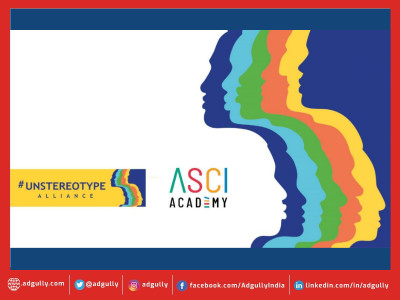


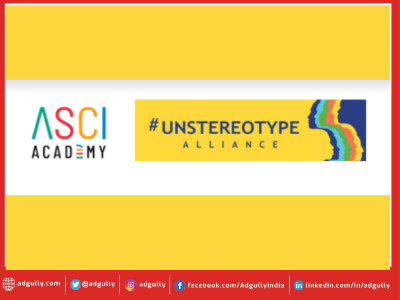

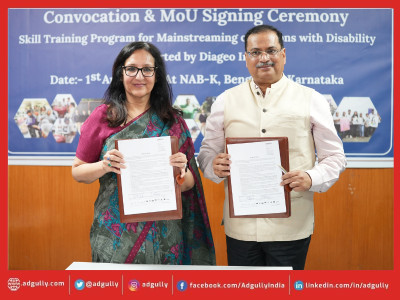
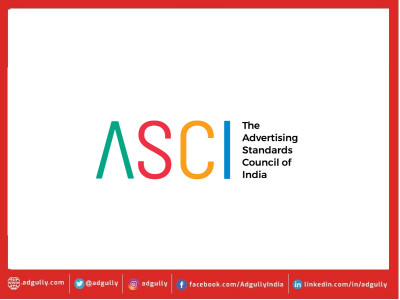

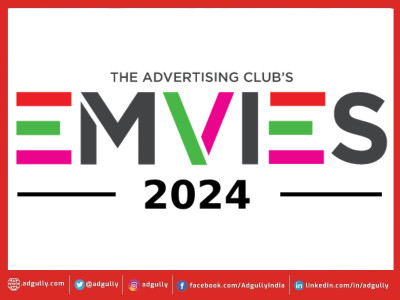
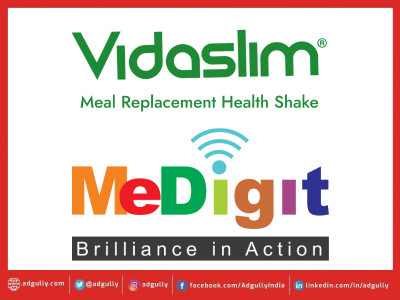
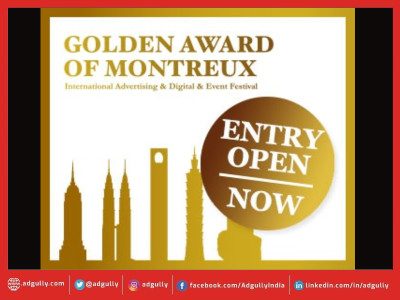
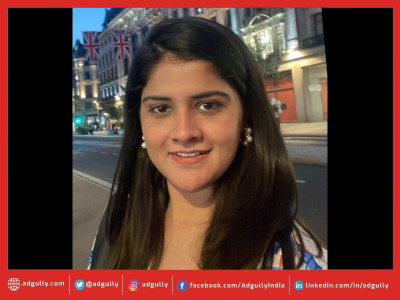


Share
Facebook
YouTube
Tweet
Twitter
LinkedIn